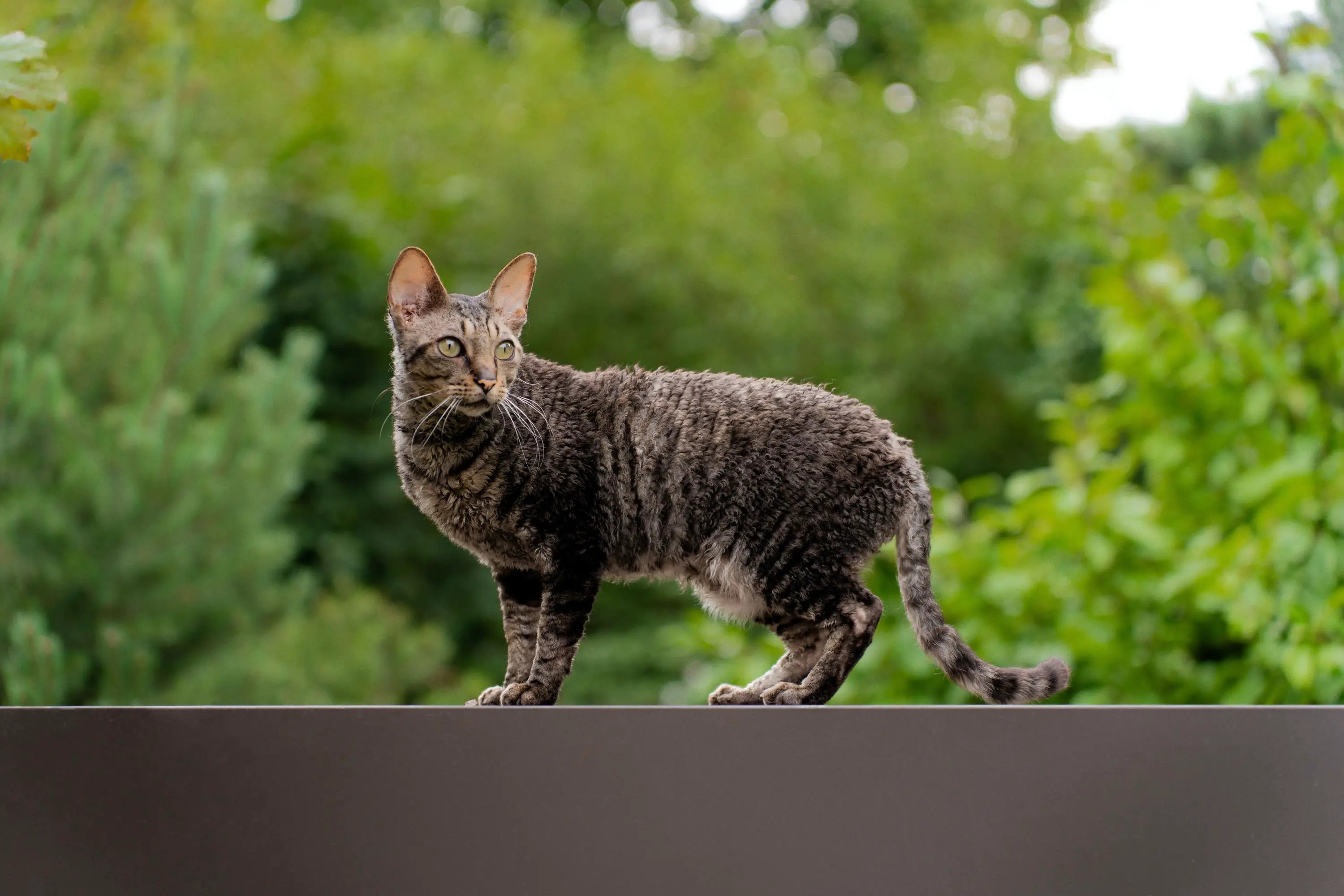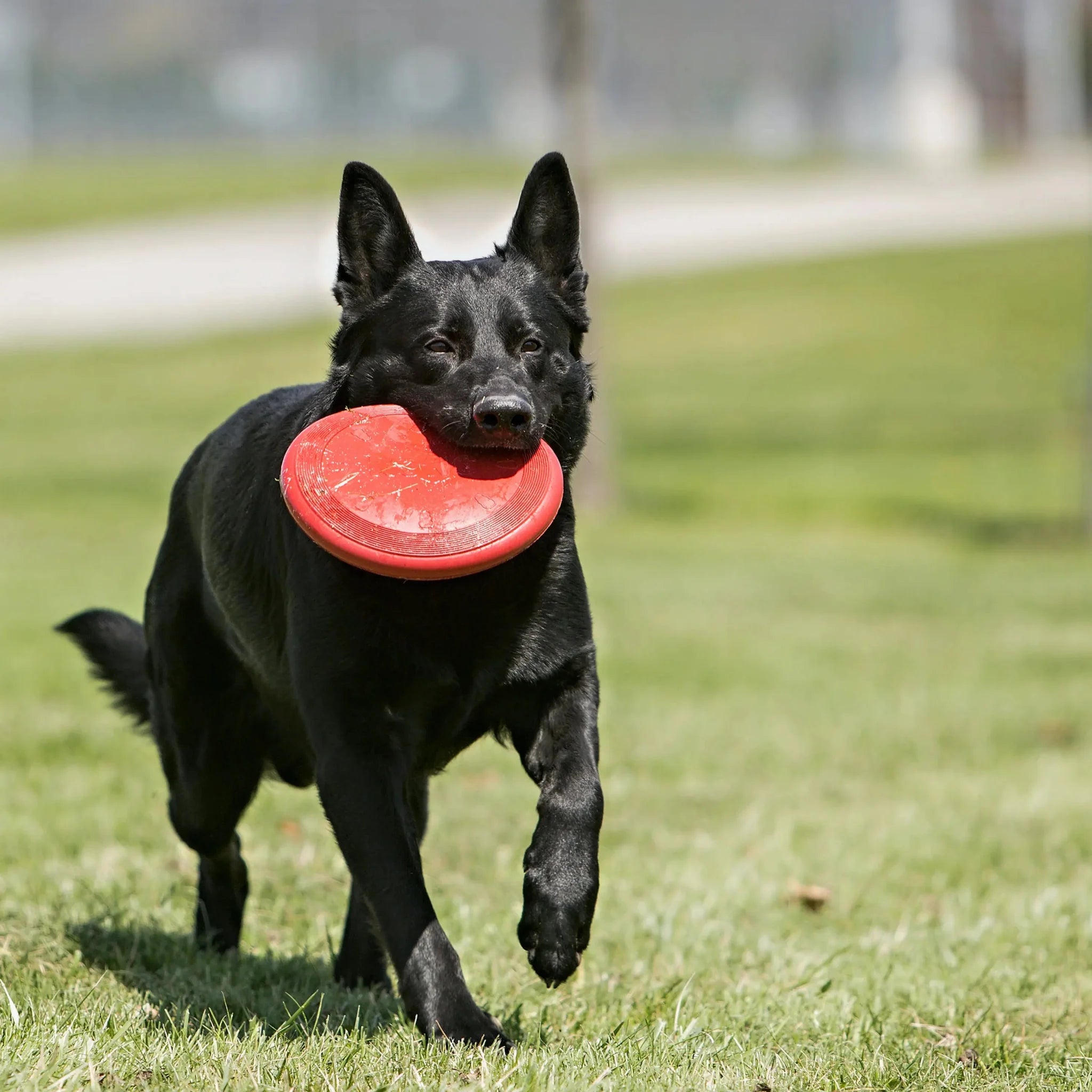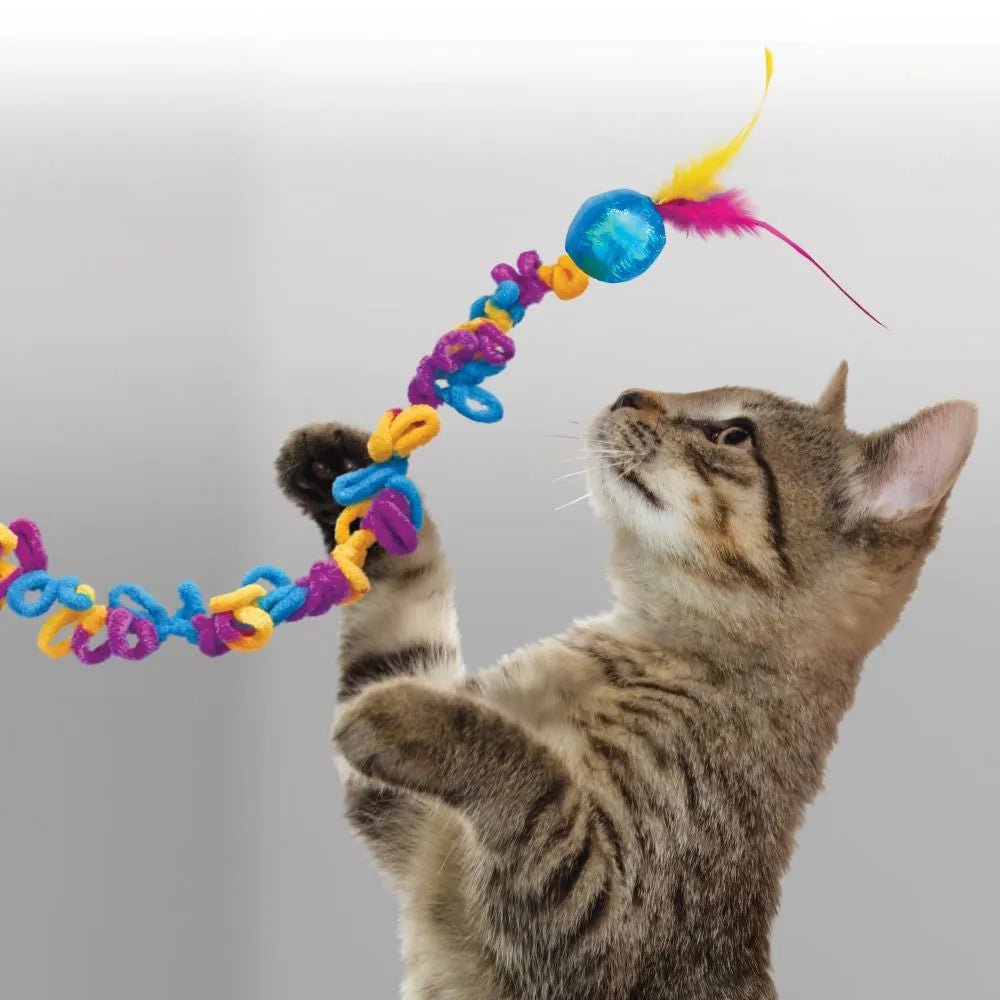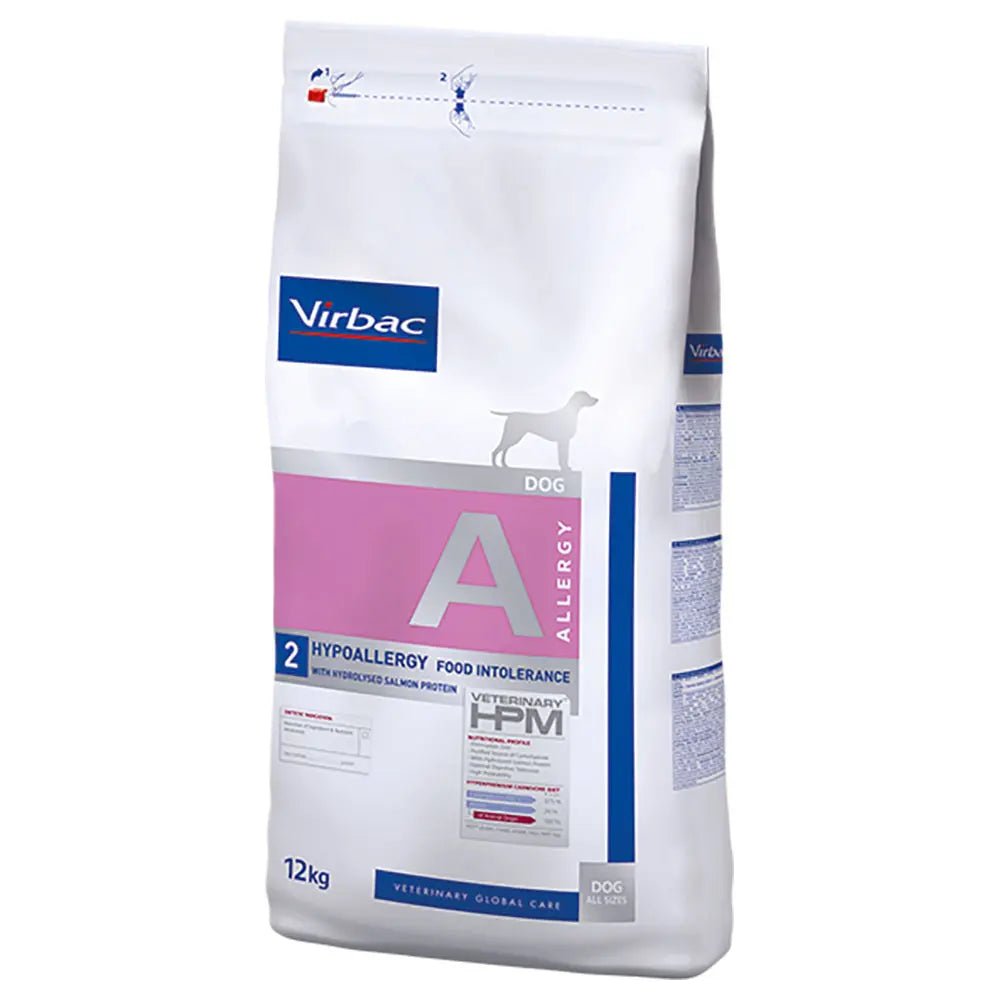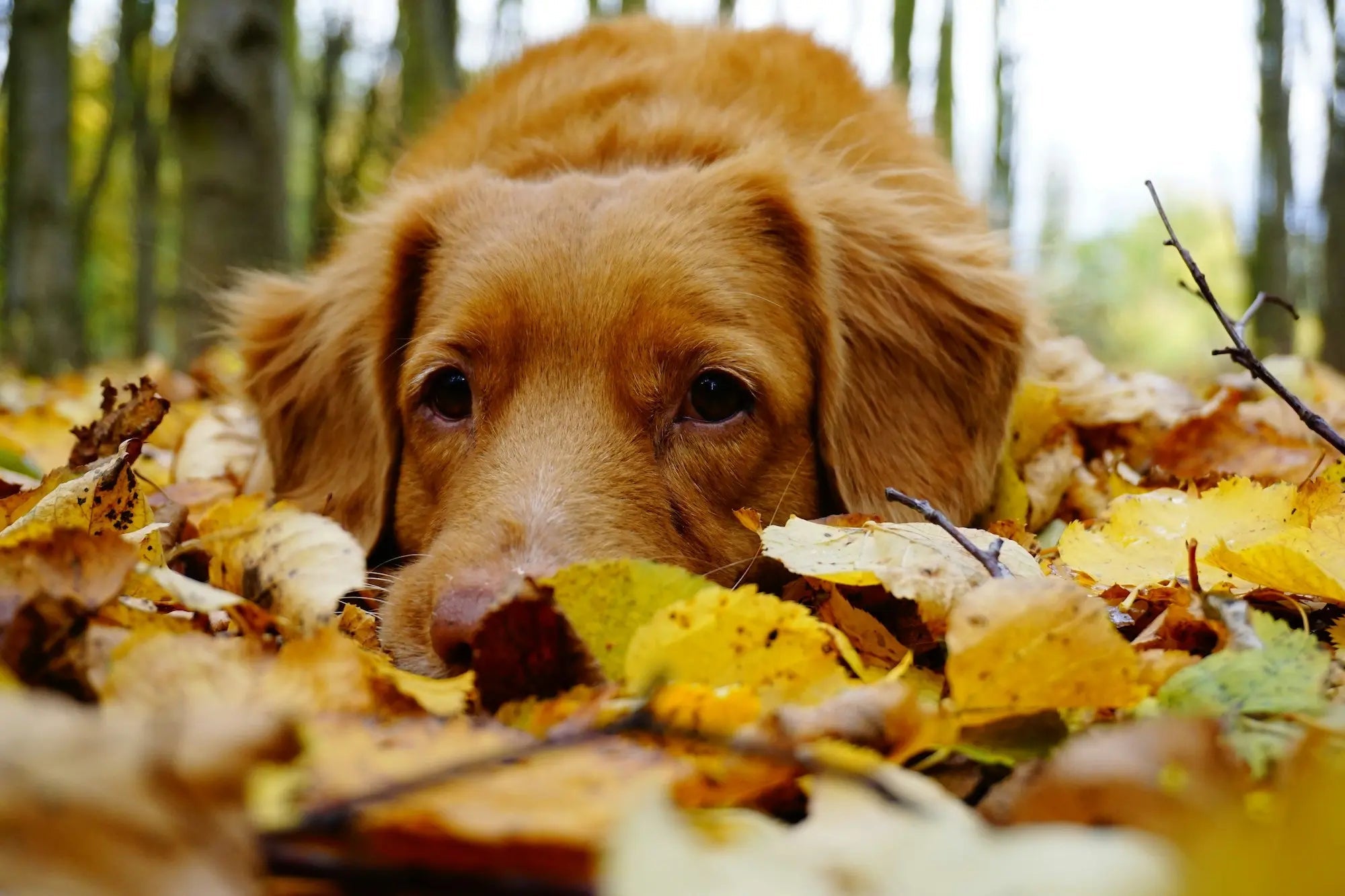The Cornish Rex is a social, energetic and curious breed of cat . It's impossible not to fall in love with its cute, large ears and distinctive, curly coat. Wondering if a Cornish Rex will fit into your family? Read more about its need for socialization, personality and kitten-like energy that persists throughout its life.
race facts

Child-friendly

Attention needs

Energy level

Talkativeness

Fur care

shedding
Facts about the breed
The Cornish Rex cat breed originated around the 1950s on an English farm. The farm was located in Cornwall, hence the name Cornish Rex. The first Cornish Rex kitten was named Kallibunker, and had a gene mutation that led to the characteristic coat. Over time, the owner bred several kittens with curly fur by mating Kallibunker with his mother. Later, the Cornish Rex was crossed with Siamese , which gave the cat breed its large ears and thin tail. The curly fur is quite similar to the fur of the Devon Rex cat breed, but the curls come from different gene mutations. It has been tested to cross a Cornish Rex and a Devon Rex, but the result has only been kittens with smooth fur.
What can you expect as an owner of a Cornish Rex?
Personality
Personality
The Cornish Rex is an intelligent, social, playful and adventurous breed of cat. They are very curious and adapt to new situations and surroundings quickly. As long as they are given an outlet for both physical and mental activity, the breed can be cuddly. Due to their short and thin fur, you will notice that the Cornish Rex will like to be close to you for warmth, or seek out other sources of warmth such as under the covers, on top of your laptop or the heating cables in the bathroom. The Cornish Rex is known to be quite stubborn, but with patience you will be able to teach the cat tricks such as fetch and simple commands.
Energy and attention needs
Energy and attention needs
The Cornish Rex is an extremely social cat breed and will happily follow you wherever you go. As this cat breed is incredibly fond of people, it will be unhappy if it is left alone for a long time. It does not have a high need for attention, but does need some social contact. If you are away for several hours a day, it may therefore be best to get two cats from the same litter. Cornish Rex are energetic cats and tend to be playful throughout their lives. To avoid boredom, you should offer your cat enough mental and physical stimulation every day.
Health
Health
Size and appearance
The first thing you notice about the small to medium-sized Cornish Rex cat is its enormous ears and curly fur. The fur comes in many different colors and patterns such as orange, black, gray, white, tortoiseshell, tabby and colourpoint.
Weight
A female Cornish Rex cat weighs around 2 - 3.5 kg.
A male Cornish Rex cat weighs around 3.5 - 4.5 kg.
Lifespan
14 - 17 years
Hereditary diseases
Hereditary diseases of the Cornish Rex include hypertrophic cardiomyopathy (heart disease), polycystic kidney disease , and progressive retinal atrophy (eye disease). They can also suffer from hypotrichosis (hair loss) due to their unusual coat type.
Fur care
Fur care
As with other short-haired breeds, the Cornish Rex has an easy-care coat and sheds little. The coat of the Cornish Rex is therefore very thin and should therefore be brushed gently. Due to its thin coat, this cat is best suited as an indoor cat, as it will have difficulty keeping warm outdoors. In the summer, you should keep an eye on your cat on sunny days, as their sensitive skin can easily get sunburned. The Cornish Rex can also get greasy between the skin folds, so many cat owners of this breed choose to bathe their cat occasionally. Also remember to clean the ears with a cotton pad weekly, as the large ears are susceptible to dirt and grime.
Is the Cornish Rex a hypoallergenic cat breed?
The short answer is no. No cat is completely allergy-free, but many people find that the Cornish Rex causes less allergic reactions. Even though the breed sheds less, there is no guarantee that you will not have any allergic reactions.
Food and nutrition
Food and nutrition
As with all cat breeds, the Cornish Rex requires a high-quality, nutritious cat food , adapted to its lifestyle and health. In general, the Cornish Rex cat is quite active, and therefore needs plenty of animal protein to maintain healthy muscles. To avoid obesity and to make it easier to control food intake, it is a good idea to feed your cat at specific times of the day.
If you want to become the owner of a Cornish Rex, you should make sure to find a reputable breeder. How much a kitten costs will vary, but you can expect a price of between 12,000 - 15,000 kr for a Cornish Rex kitten.
Having purebred cats as pets has become very popular, but unfortunately this has resulted in many unscrupulous breeders who engage in unethical breeding for profit. Therefore, it is important for you as a buyer to get information about how the cat was bred so that you do not contribute to cats with hereditary and serious diseases being born. If a purebred cat is sold without a pedigree, you will never know whether the kitten has been stolen, or whether illegal trade has taken place.
A serious breeder in a federation must follow strict requirements for animal welfare and health. Good breeders will also demand something from you to ensure that the cat has a good life. Remember to check if the breeder is registered through the Norwegian Cat Breeders' Association (NRR) / FIFe / TICA and that the pedigree, health certificate (and possibly the purchase contract and vaccination card/veterinary passport) are included.


